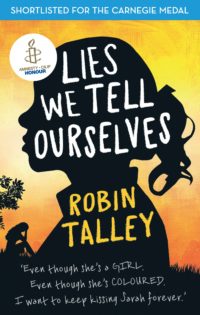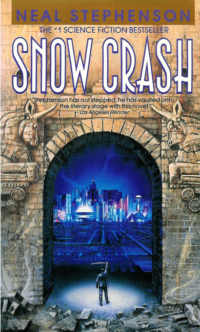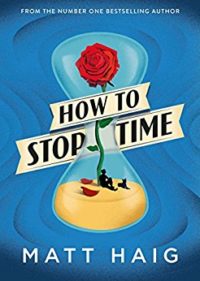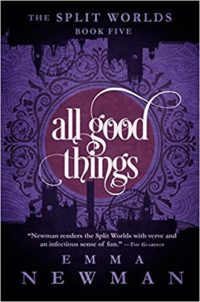Maybe if I keep trying, I really won’t feel anything
 Lies We Tell Ourselves
Lies We Tell Ourselves
by Robin Talley
When this book was chosen by my book group I was worried it would be a tough read due to the subject matter. But it turned out, the problem I had was with the narrators’ tone and voice.
That’s not to say the subject matter isn’t tough, but I was reading this at the same time as dipping in and out of Invisible Man by Ralph Ellison, and by comparison, well, it shows that Talley’s book is intended for a young adult audience.
It’s 1959 and some school districts in Virginia are holding out against integration. Sarah is one of 10 black pupils who were specially chosen to attend the white-only Jefferson High School after years of court battles. No-one at Jefferson wants them there and more than that, they don’t understand why the black students would want to come to their school.
“I wipe the tears away and stare at my reflection until my face smooths out and my eyes go empty.
This is how they have to see me. If they know I feel things, they’ll only try to make me feel worse.
Maybe if I keep trying, I really won’t feel anything.”
Continue reading “Maybe if I keep trying, I really won’t feel anything”
 Mansfield Park
Mansfield Park The Empress and the Cake
The Empress and the Cake Snow Crash
Snow Crash The Other Boleyn Girl
The Other Boleyn Girl I’ll Sell You a Dog
I’ll Sell You a Dog Those Who Leave and Those Who Stay
Those Who Leave and Those Who Stay How to Stop Time
How to Stop Time All Good Things
All Good Things The Greatcoat
The Greatcoat